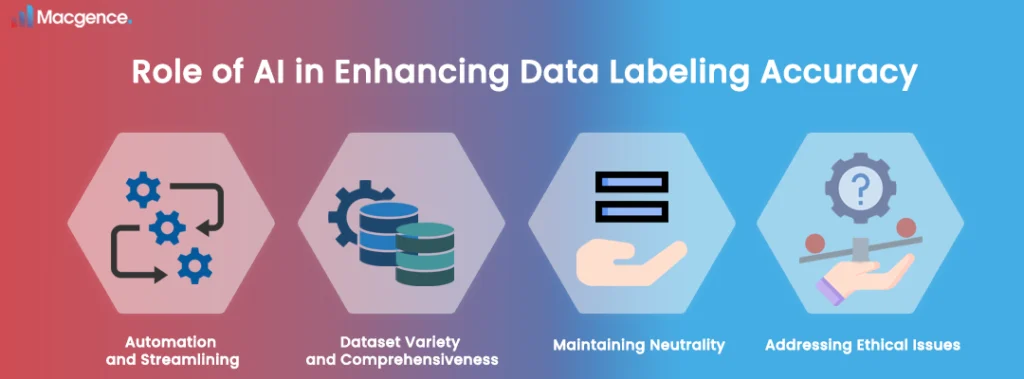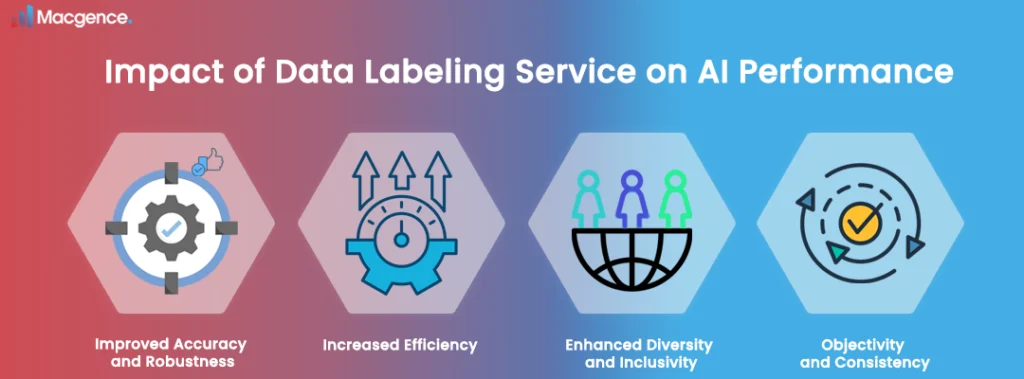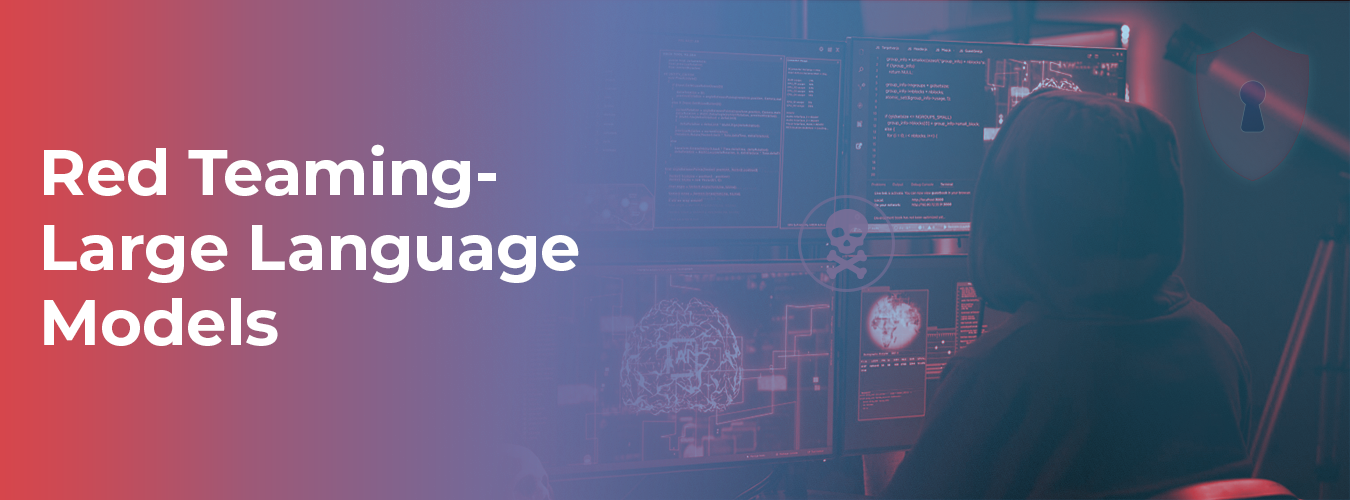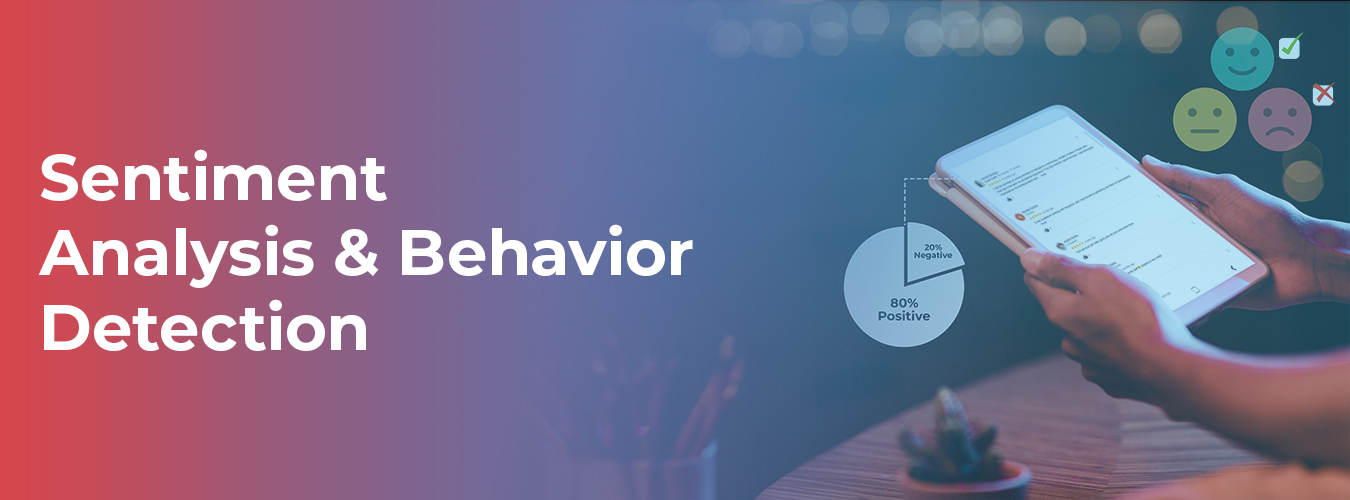An essential foundation for creating inclusive and equitable technologies in the quickly developing field of artificial intelligence (AI) is the careful annotation of images based on ethnicity. The demand for precise data labeling grows as AI systems become increasingly integrated into all aspects of society, especially in fields like computer vision, where recognizing different races is crucial. In this paper, we investigate best practices for ethnicity image annotation utilizing data labeling services from AI platforms, emphasizing the role of impartiality, diversity, accuracy, and ethical issues in this crucial process.
In this article, we will discuss the importance of ethnicity Image annotation in deep learning and how important it is to guarantee the dependability and correctness of AI systems. With an emphasis on Macgence’s products, we’ll review recommended practices for data labeling, how AI can improve labeling accuracy, how data labeling services affect AI performance, successful case studies, and other resources available for ethnicity Image annotation. Now, let’s explore the nuances of artificial intelligence’s ethnicity image annotation optimization.
Selection criteria for ethnicity image datasets
Understanding the critical role of ethnicity image datasets in Deep Learning necessitates a rigorous selection process. The first criterion is the precision of data labeling, which involves the assignment of accurate ethnic labels to images. This labor-intensive but necessary process is critical to improving the machine learning algorithms’ learning capabilities and guaranteeing the smooth operation of AI systems.
The dataset’s diversity and comprehensiveness play a critical role in selection. Computer Vision systems can distinguish between various ethnicities with access to a well-rounded dataset. This precision not only propels the development of inclusive AI tools but also assists in reducing bias, thus fostering the development of more equitable AI technologies.
Objectivity is paramount when annotating images for ethnicity. Utilizing services like AI Platform Data Labeling Service can help maintain impartiality, thereby bolstering the reliability of the data. This service employs sophisticated Machine Learning techniques to assign precise labels, thereby augmenting the overall quality of the dataset.
Lastly, the ethical considerations of ethnicity image annotation must be considered. It is imperative to ensure that the process respects privacy and consent. AI Platform Data Labeling Service can address these concerns by offering a secure and transparent platform for data annotation, thereby instilling trust in the AI system.
Role of AI in Enhancing Data Labeling Accuracy

Artificial Intelligence (AI) is critical in improving data classification accuracy, especially regarding ethnicity Image databases. Because AI can automate and streamline the labeling process, human error is considerably reduced, boosting the accuracy of ethnic labels applied to photos. This enhancement enhances the capacity of Machine Learning algorithms to learn and maximizes the efficiency of AI systems.
Another critical component of AI is its contribution to dataset variety and comprehensiveness. Artificial Intelligence improves Computer Vision systems’ accuracy by making distinguishing between a diverse range of races easier. This development fosters the development of more egalitarian AI technologies by expediting the construction of inclusive AI tools and assisting in mitigating prejudice.
AI plays a critical role in maintaining neutrality in ethnicity-based Image annotation. Service services like AI Platform Data Labeling Service use advanced machine learning methods to assign precise labels, improving the data’s trustworthiness. The overall quality of the dataset is greatly enhanced by this impartiality, which AI makes possible.
AI also tackles the moral issues surrounding the annotation of ethnicity in images. AI Platform Data Labeling Service guarantees privacy and consent by offering a visible and safe platform for data annotation. This method promotes AI system confidence, essential to its broad adoption and application.
AI’s contribution to increasing data classification accuracy goes beyond ethnicity Image databases. Artificial intelligence (AI) is a vital instrument in creating precise, dependable, and equitable AI technologies because of its ability to automate and expedite the labeling process and its power to assure objectivity and address ethical problems.
Impact of data labeling service on AI performance

Rich data is essential for Deep Learning algorithms to function well, and data labeling services are essential for maximizing this richness. These services guarantee the creation of various high-quality datasets by offering a solid labeling framework. This variety improves the performance of AI systems by helping to train Machine Learning models.
AI-powered data labeling services provide a significant benefit in the field of computer vision. They make it easier to distinguish between a wide range of ethnicities, increasing machine vision systems’ accuracy. This precision accelerates the development of inclusive AI tools, contributing to the evolution of more equitable AI technologies.
AI-driven data labeling services ensure objectivity in image annotation, particularly for ethnicity datasets. By leveraging advanced Machine Learning techniques, these services assign accurate labels, enhancing the reliability of the data. This impartiality, facilitated by AI, significantly improves the overall quality of the dataset, thereby optimizing AI performance.
Case studies of successful ethnicity image annotation
Case studies in ethnicity image annotation underscore the transformative power of Deep Learning. These studies highlight the successful application of Machine Learning models in discerning ethnic diversity. The models show an excellent capacity to detect a wide range of races, improving AI technologies’ inclusiveness. They were trained on carefully annotated datasets.
In computer vision, AI-powered data labeling services have become revolutionary. Several case studies demonstrate how these services have helped improve the accuracy of machine vision systems. The development of more egalitarian AI tools has hastened thanks to these services, which allow the systems to discriminate between different races.
Objectivity in image annotation, especially for ethnicity datasets, is a critical factor in the success of AI systems. Case studies reveal how AI-driven data labeling services employ sophisticated machine learning techniques to ensure the impartiality of labels. This impartiality significantly elevates the dataset’s quality, optimizing AI performance and contributing to the development of unbiased AI technologies.
Why choose Macgence?
Embarking on the journey with Macgence, businesses can leverage the power of accurate human translation. This feature is instrumental in transcribing data to train and validate speech recognition systems. The advantage lies in Macgence’s ability to transform voices, bridge language barriers, and narrate global stories.
Also, AI’s role in optimizing ethnicity image annotation is critical to Macgence’s offerings. By leveraging their Global AI Data Collection Services, businesses can enhance the diversity and quality of their datasets. This mainly benefits Machine Learning applications, where diverse data inputs can significantly improve model performance and accuracy.
Macgence’s commitment to unbiased labeling and quality assurance is a testament to its authority in the AI field. This dedication fosters the development of inclusive AI technologies, a significant advantage for businesses aiming for objectivity in their AI applications. With Macgence, companies can confidently navigate the complexities of ethnicity image annotation.
Conclusion:
To sum up, careful annotation of images about ethnicity is essential to developing inclusive AI. Businesses may guarantee their datasets’ accuracy, diversity, objectivity, and ethical integrity by implementing best practices and using AI platform data labeling services. Enhancing data labeling accuracy, maximizing AI performance, and promoting impartial technologies are all made possible by AI.
Case studies highlight the advancements in inclusiveness and accuracy while showcasing the revolutionary effects of AI-driven labeling services. By putting accuracy and morality first, we can use AI’s promise to build a more just future. We can create a more inclusive and reliable AI environment by being creative and diligent as we work through the challenges of ethnicity image annotation.
FAQs
Ans: – Selection criteria include completeness, dataset diversity, data labeling accuracy, and ethical factors such as permission and privacy.
Ans: – Artificial intelligence (AI) reduces human error and improves accuracy in ethnic classification by automating and streamlining labeling operations.
Ans: – Rich, diversified datasets are ensured by data labeling services, which also help with machine learning model training, thereby enhancing the performance of AI systems.




